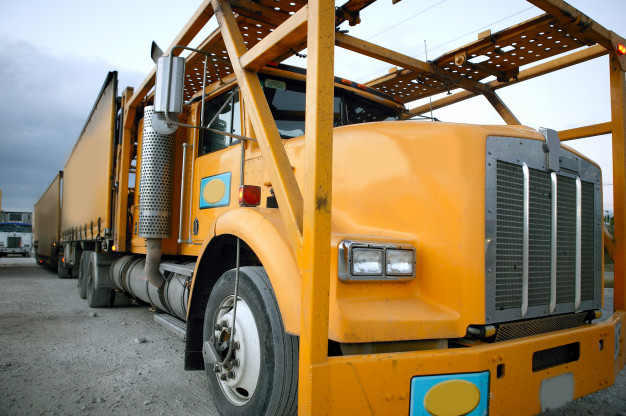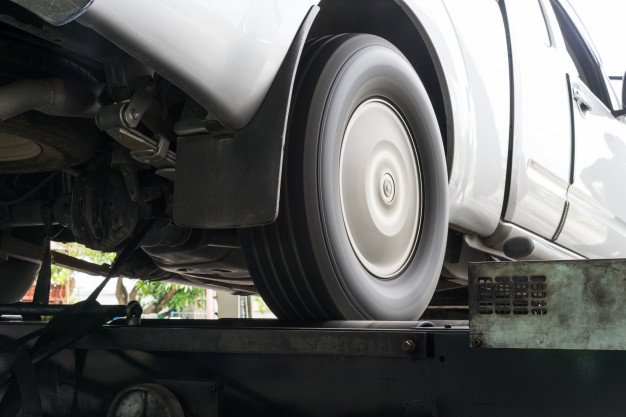A high demand creates a healthy market, and subwoofer market is no different.
With so many subcategories and choice, it is easy to get confused while picking your subwoofer.
Since subwoofer is a bit expensive and usually lasts a long time, it is essential to be sure about which one to buy.
So here are a few questions you should ask yourself before buying a subwoofer
1. You want a customized subwoofer and build your music system
If you’re one of those people who doesn’t prefer the standard configuration, then you should go for a Component Subwoofer.
A Component subwoofer is mostly just an additional speaker mounted in a subwoofer box.
The subwoofer box comes in various setups, giving you more control over your setup.
A Component subwoofer can come in size between 8- 15 inches, which makes sure that space won’t be an issue.
Usually, it is one of the best ways to start building your custom music system.
2. You want a subwoofer with an easy setup
If you’re not someone who is enthralled by building a customized system and prefer a manufacturer recommended configurations, then you must go for an enclosed subwoofer.
An enclosed subwoofer, as the name suggests, comes with an enclosure.
Pre-existing enclosure makes sure that you don’t need to work on designing or building your system.
The only downside is that one is generally limited to a certain number of speakers and box- types. An external amplifier would be still needed to power the subwoofer.
3. You want a compact and straightforward subwoofer
If you want a simple bass system and have no plans to build a music system, then powered subwoofer should be your go-to option.
A powered subwoofer combines a woofer and amplifier into one single enclosure.
This means you should be worrying about installing only one component. The subwoofer is most comfortable to install and manage.
The only downside is a relatively low performance when compared to some of the more customized subwoofer systems.
If you’re not a heavy user or an audiophile, then the powered subwoofer is an excellent option to consider.
4. You want a subwoofer to blend with your car’s interior
The vehicle-specific sub is the subwoofer which is usually color matched to your car’s interior.
They fit just great and come in two options- powered and unpowered.
A powered subwoofer comes with a build in amplifier and ends up taking less space though they lag when you compare actual performance.
5. You want a terrific bass system but don’t want to go into much detail
Then you used to check out bass packages. As the name suggests they focus on improving just the bass.
It is an easy option to consider if you wish to amplify the bass output of your speakers.
If you’re sure about which subcategory of the subwoofer to go for, you must be sure about the specs of a product.
Here are some specifications to keep in mind
Power
If you want to blow your heads out, then a higher power rating is a must.
A higher RMS rating means more power generated.
It is essential to make sure that your amplifier is compatible with your subwoofer by checking their respective power ratings.
Sensitivity
Similar to power rating, a higher sensitivity ensures greater output.
High Sensitivity also makes sure less power is consumed.
Frequency Range
This gives you an idea about how much low frequency a subwoofer can play.
Though the overall performance depends on a lot of categories, the frequency range is a major one.
Enclosure type
The enclosure of a subwoofer has a significant impact on the kind of sound it ends up producing.
In general, a sealed subwoofer gives you accurate sound, while ported ones give more volume.
The number of voice coils
Voice coils are essential when it comes to setting up your subwoofer.
Dual voice coils are a popular option because it gives more flexibility in wiring the system.
Size of subwoofer
Sound output never entirely depends on the size of the subwoofer, so don’t be skeptical about buying a smaller sub.
If you have enough space, then you must strongly consider a 15-inch car subwoofer that you can see on CarSymphony.com.
Impedance
Usually, 4 ohms is the standard impedance rating, but 2 ohms and 8 ohms are also gaining popularity.
Matching the impedance and power rating with your amplifier is essential.
Conclusion
It might seem confusing but selecting a subwoofer is simple if you know what exactly you want.
We hope this article helped you in choosing the best subwoofer for your car.
Read Also:






















